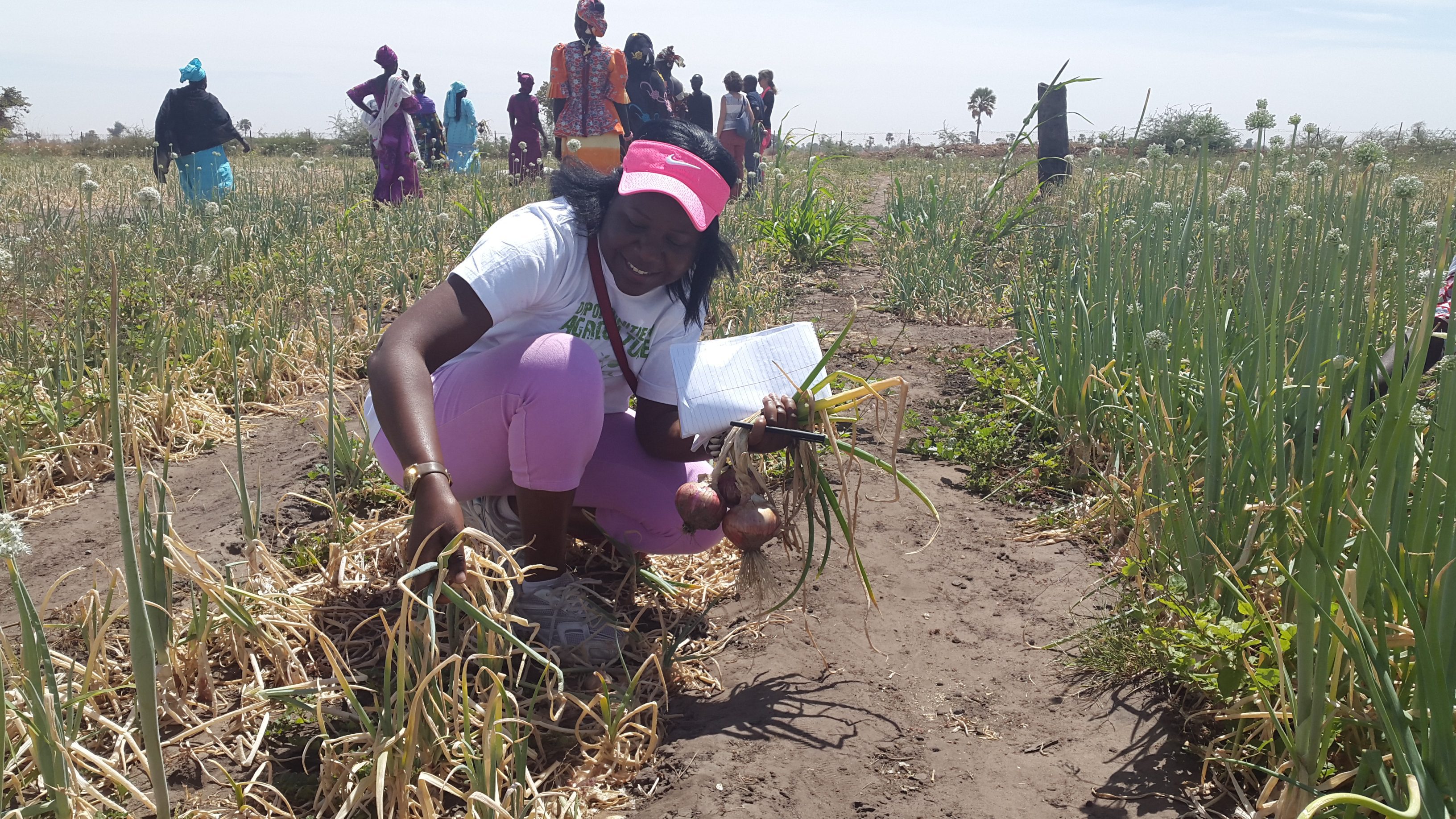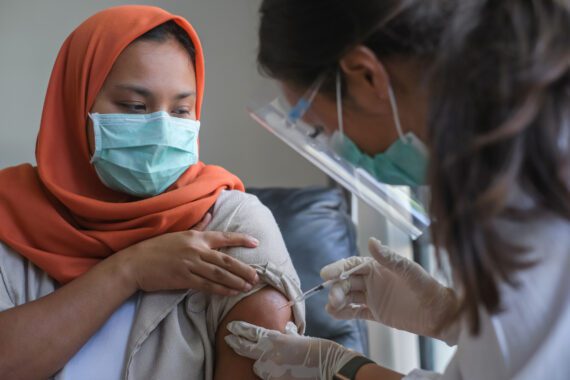By Faustine Wabwire, Bread for the World Institute
In December 2015, Pape Samb, Chair of the Global Youth Innovation Network (GYIN), watched my interview with Voice of America TV on the Paris climate agreement. Pape particularly appreciated my focus on urgent world hunger issues. These included the risks that climate change is imposing on agriculture, and, of even greater interest, the need to “train the next generation of agricultural leaders” to address the world’s most solvable problem, global hunger.
Pape saw the interview as he and the GYIN movement of dedicated Young Hunger Fighters around the world were preparing to host the 2016 Youth Agribusiness, Leadership, and Entrepreneurship Summit on Innovation (YALESI 2016), in Dakar, Senegal. The theme of YALESI 2016, Youth Capacities to Fight Hunger and Create Employment Opportunities, couldn’t be more appropriate for us at Bread for the World Institute. For example, Bread has been an integral part of the effort to improve nutrition during the 1,000 days from pregnancy to age 2 – especially critical because the harm done at this age to human health and development is irreversible. Survivors of early childhood malnutrition face an especially difficult time as they start trying to earn a living.
I agree with Pape that reaching critical milestones in human development such as the newly adopted Sustainable Development Goals (SDGs) will require finding ways to benefit from the full extent of local human capital—including youth. When you think about it, the SDG agenda is really for youth, our future leaders. This is why I was honored to represent Bread for the World at the YALESI 2016 Summit, seeking to learn more that will strengthen our work on U.S. global development policy.
The summit brought together 250 youth and representatives of governments, universities, media, and international institutions, including the International Fund for Agricultural Development (IFAD). Coming from more than 100 countries, summit participants shared with each other a wide range of challenges, success stories, and ideas. They, as young women and men, are looking for the best ways to transform their communities. Their priorities are creating jobs and linking rural farmers with innovative agricultural and entrepreneurial initiatives in partnerships that will reduce hunger and poverty.
Senegal’s prime minister, H.E. Mohammed Dionne, opened the summit by applauding youth for taking the initiative. He said they are “ambassadors of development, soldiers of peace,” and key actors in the struggle against hunger, poverty, and unemployment.
Why Youth, Why Now?
According to United Nations estimates, the global youth population is the largest ever — about 1.8 billion people are currently between 10 and 24 years old. They live predominantly in developing countries. The energy and innovative capacities of young people, especially concentrated as they are in countries whose overall populations are more youthful, offer so much potential for economic prosperity. Yet for too many, being young means being unemployed, excluded from decision-making, limited in their access to productive resources such as financing and land – and, as a result, more vulnerable to hunger and poverty.
As I prepare to return to Washington, DC, I feel grateful to have engaged with and learned from this group of incredibly innovative and dedicated Young Hunger Fighters, leaders who share Bread’s belief that we can end hunger in our lifetime.
Bread will continue to urge the U.S. government and our partners working in international development to ensure that agricultural investments support and prioritize the needs of youth, both men and women. These include extension services, business development services, financial education, and land, among others. Such investments, if well targeted, have the potential to scale up young people’s ideas and innovations. We will need leadership from our teens and “20-somethings” to create a world where hunger is a rare occurrence rather than the shared experience of millions of people.
Faustine Wabwire is senior foreign assistance policy analyst at Bread for the World Institute.



